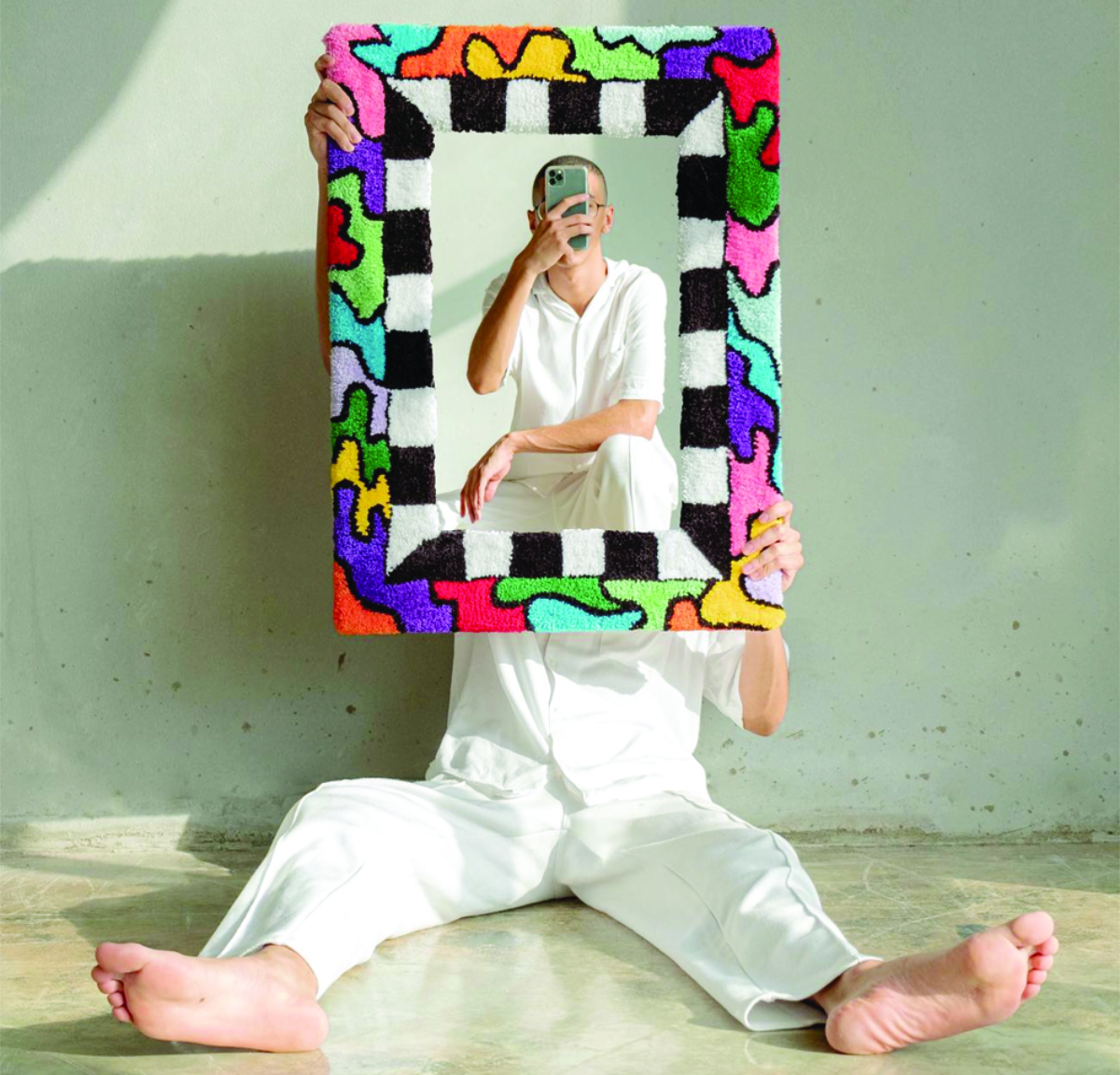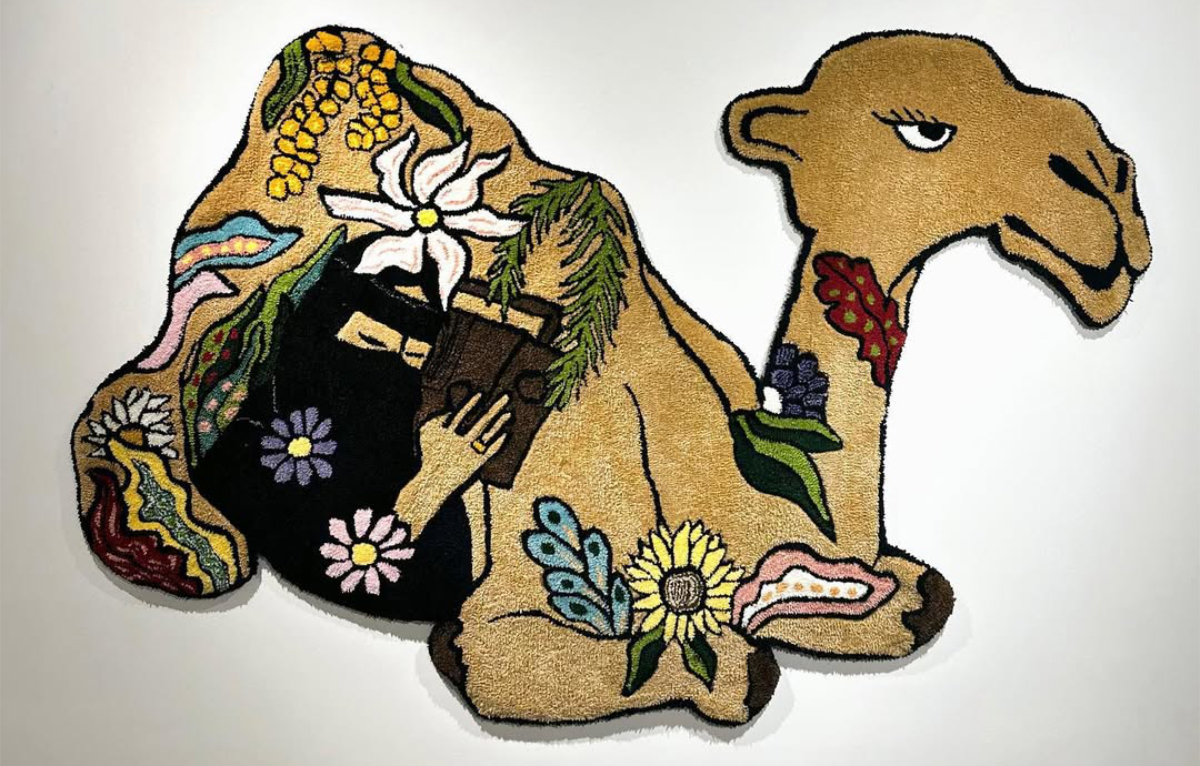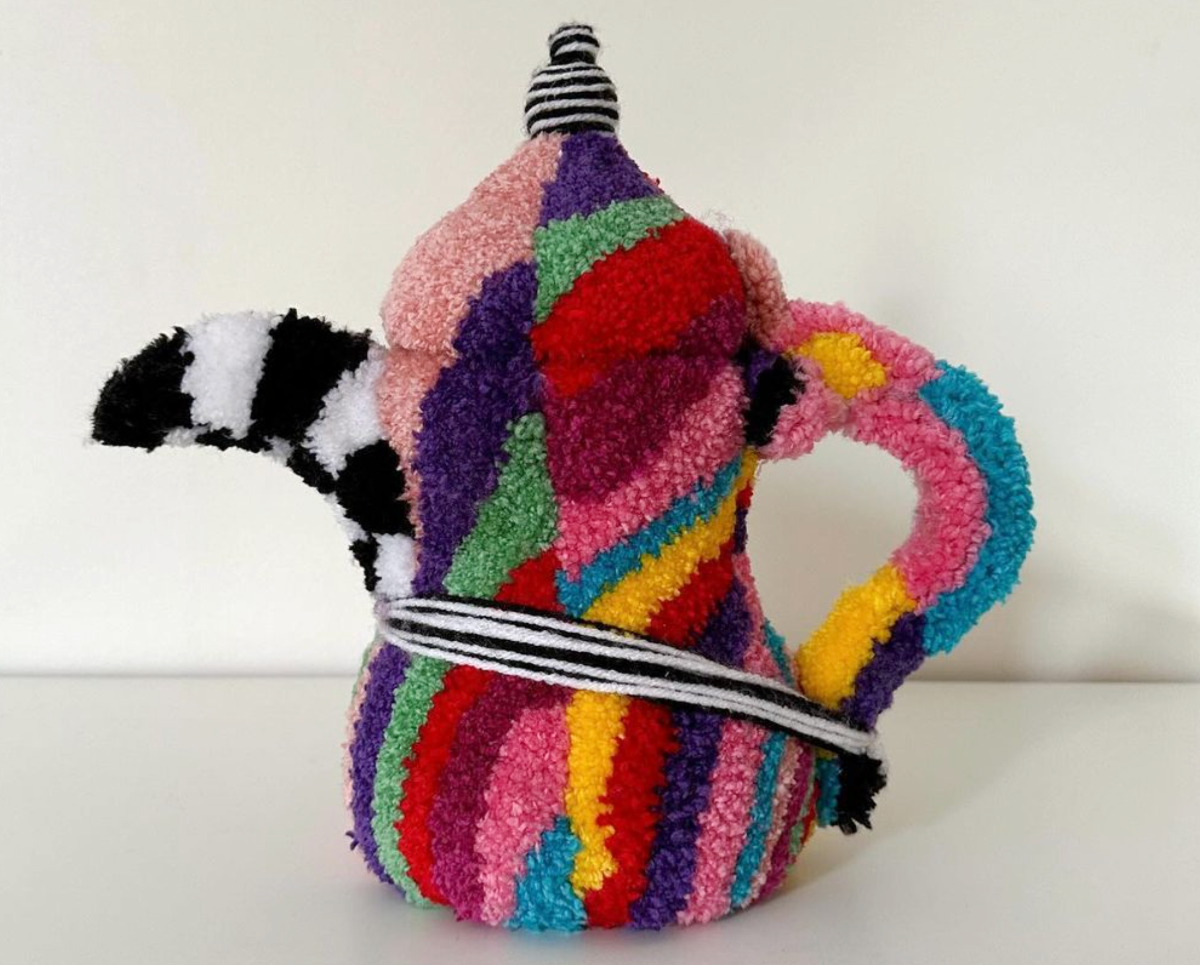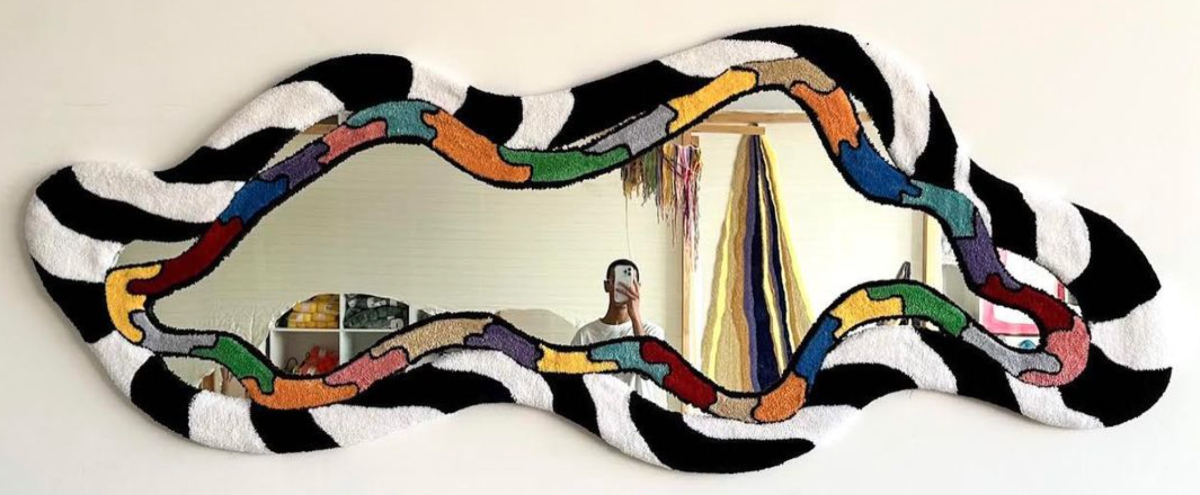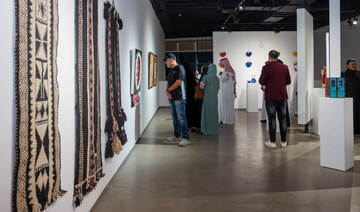RIYADH: Some 300 of the world’s leading decision-makers, financiers and investment experts are on their way to the Ritz-Carlton hotel complex in Riyadh for the third annual Future Investment Initiative (FII).
More than 6,000 delegates are registered to attend the three-day event, which is organized by the Kingdom’s Public Investment Fund (PIF), and which seeks to discuss some of the most pressing issues in the world today, including sustainable development, rapid technological change and social disruption.
The gathering — which has been informally labeled the “Davos in the desert” after the glitzy annual meeting of the World Economic Forum in Switzerland — is also intended to showcase the rapid transformation underway in the Kingdom as the Vision 2030 reform plans gather pace, and to offer investment opportunities for global partners.
Yousef Al-Benyan, vice chairman and chief executive officer of SABIC, the giant Saudi industrial group which is one of 49 global partners at the event, said: “The FII reflects the ambition of Saudi Vision 2030 reform plans and brings to life its aspirations for a vibrant society by fostering new cooperation to tackle global challenges. It has earned international recognition as one of the most important global events and a place for serious business.”
The event will be launched in the King Abdullah International Conference Center by opening remarks from Yasir Al-Rumayyan, governor of the PIF and chairman of Saudi Aramco. Attendees will be listening closely for any indication of the precise date of the initial public offering of the world’s largest oil company, which is believed to be imminent.
The first plenary session of the FII will hear a panel of experts debating how a new era of economic ambition will shape the global economy. Al-Rumayyan will be joined by international business leaders like Stephen Schwarzman, chairman and CEO of investment group Blackstone, Noel Quinn, CEO of HSBC, and John Waldron, president and chief operating officer of Goldman Sachs.
A discussion on the economic situation in the Middle East and Asia will involve Khaldoun Al-Mubarak, CEO of the UAE-based Mubadala Investment Group, Mukesh Ambani, chairman and managing director of Indian conglomerate Reliance Industries, and Kirill Dmitriev, CEO of the Russian Direct Investment Fund.
Other big names attending on the opening morning include Larry Fink, chairman and CEO of American investor BlackRock, Thomas Barrack, executive chairman of Colony Capital, and Tidjane Thiam, CEO of Credit Suisse.
In addition to PIF and Mubadala executives, sovereign wealth funds are represented by the heads of big government investment agencies in Bahrain, Kuwait, Korea and China. Ken Costa, the British government’s representative for Saudi Vision 2030, will also take part.
A discussion of global financial centers will include Sarah Al-Suhaimi, chair of the Saudi Arabia stock exchange Tadawul, expected to be the venue for the Aramco IPO, as well as representatives of other global stock markets in Asia and Europe.
American rapper will.i.am will take part in a discussion with Alain G. Bejjani, CEO of Majid Al-Futtaim conglomerate, on artificial intelligence, and Rick Perry, outgoing US secretary of energy, will speak on “policy and purpose.”
Day one will be rounded off by a series of “what’s next” sessions, with a special address by King Abdullah of Jordan, as well as on-stage interviews with Narendra Modi, prime minister of India, and Jared Kushner, senior adviser to US President Donald Trump.
PIF said that 39 percent of speakers — the highest proportion— are coming from North America, with 20 percent from Europe, 19 percent from Asia and 15 percent from the Middle East.





